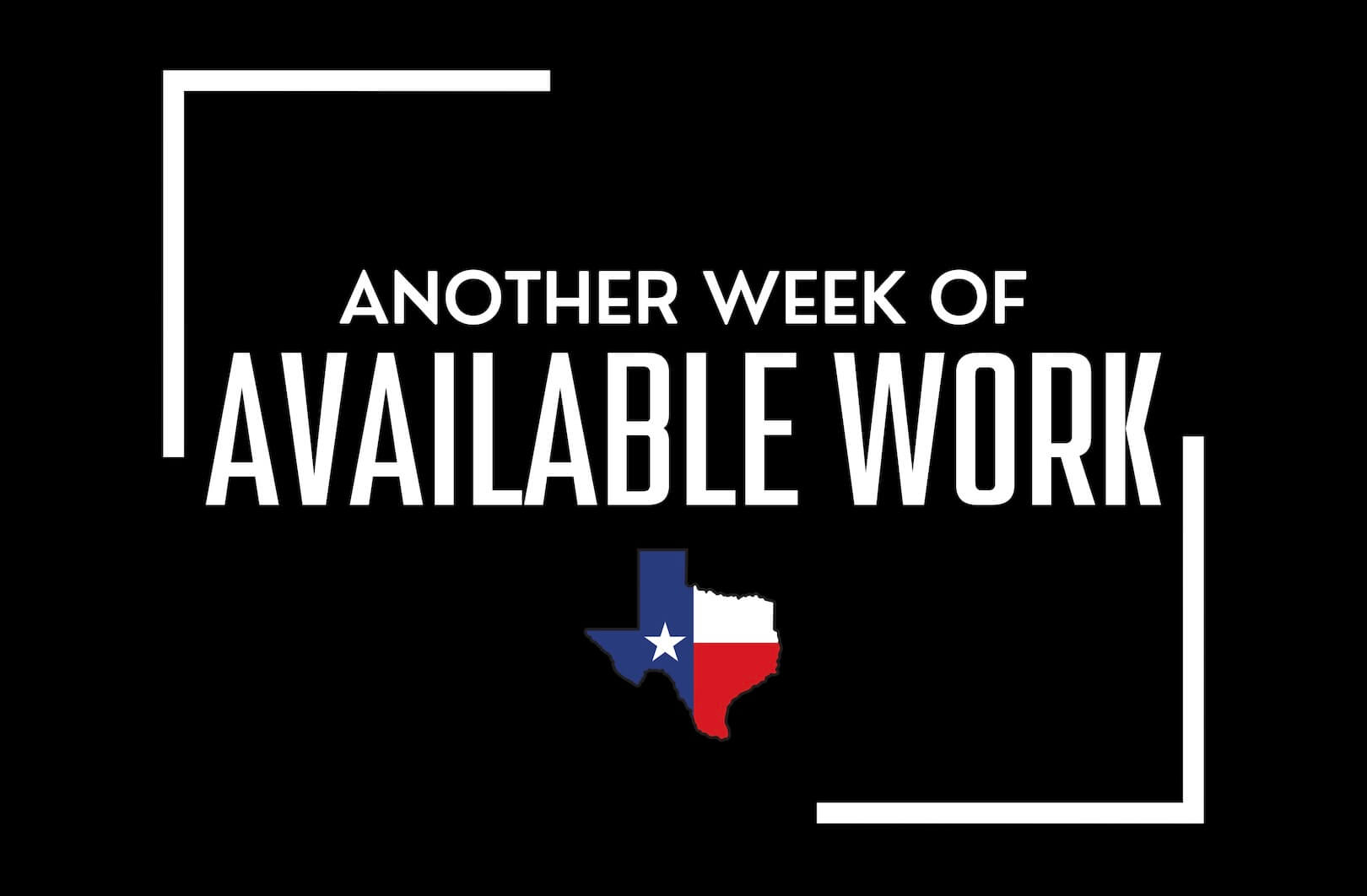Another Week of Available Work: Business Brief: Where Are We Headed with Partnerships and Manufacturing?
In this bite-sized episode of the Another Week of Available Work podcast, titled “Business Brief: Where Are We Headed with Partnerships and Manufacturing?” host Joe Esparza, Commissioner of Texas Workforce Commission, engages in insightful conversations with Adrian Lopez, CEO of Workforce Solutions Alamo, and Tony Davis, National Director of FAME USA.
Adrian Lopez: Building Community-Centric Workforce Solutions
Adrian Lopez opens the discussion by emphasizing the critical need to align workforce development strategies with the unique needs of local communities. He highlights the power of collaboration between workforce boards, educational institutions, and employers in designing programs that are both impactful and inclusive—such as Summer Earn and Learn (SEAL). This initiative provides students with disabilities, ages 14–22, with essential work readiness training and paid, hands-on experience during the summer, ensuring workforce efforts are not only responsive but also equitable and future-focused.
Lopez points out that traditional workforce models often fall short in addressing the nuanced requirements of diverse populations. By fostering collaboration, these entities can design initiatives that not only equip individuals with relevant skills but also ensure that employers have access to a competent talent pool.
He also discusses the significance of continuous feedback loops between stakeholders to adapt to the rapidly changing economic landscape. Such adaptability is crucial in sectors like manufacturing, where technological advancements and market demands evolve swiftly.
Tony Davis: Advancing Manufacturing Education Through FAME
Tony Davis, National Director of FAME USA, offers a compelling look at how manufacturers are tackling the growing skills gap by partnering directly with community colleges and workforce commissions. The Federation for Advanced Manufacturing Education (FAME) program, originally developed by Toyota, has grown into a nationwide model for building a pipeline of highly skilled manufacturing talent.
Davis explains that at the heart of FAME is a unique, employer-led framework that brings together companies, community colleges, and local workforce boards to co-design and deliver a robust, dual-track training experience. Through these partnerships, employers help shape the curriculum to reflect real-world technical and soft skill requirements, ensuring students graduate with the competencies needed on the job from day one.
Employers aren’t just advisory voices—they’re active participants. Many contribute equipment, host training sessions on-site, and provide paid internships that allow students to rotate between classroom learning and hands-on work. This earn-while-you-learn model benefits all parties: students build experience and graduate with no debt, colleges stay aligned with industry trends, and companies develop a reliable talent pipeline tailored to their operations.
Davis also notes the important role that local workforce commission plays in scaling these efforts. Through funding, outreach, and program support, commissions help ensure accessibility and inclusion, especially for underserved communities. They also work with employers to identify future talent gaps and tailor recruitment efforts to fill them, creating a feedback loop that strengthens regional economies.
Ultimately, Davis paints a picture of workforce development as a shared responsibility—where success hinges not on isolated efforts, but on the strength of partnerships that bring industry, education, and government together to prepare the next generation of advanced manufacturing professionals.
Key Takeaways
- Collaborative Approach: Both Lopez and Davis stress the importance of partnerships among workforce boards, educational institutions, and employers to create responsive and effective workforce development programs.
- Community Alignment: Tailoring workforce initiatives to the specific needs of local communities ensures that programs are relevant and impactful.
- Holistic Training: Programs like FAME highlight the necessity of combining technical skills with professional development to prepare individuals for the complexities of modern manufacturing roles.
Employer Engagement: Active involvement from employers in educational programs ensures that training remains aligned with industry requirements and enhances job readiness among graduates.
For more insights, listen to the full episode here: Business Brief: Where Are We Headed with Partnerships and Manufacturing?

